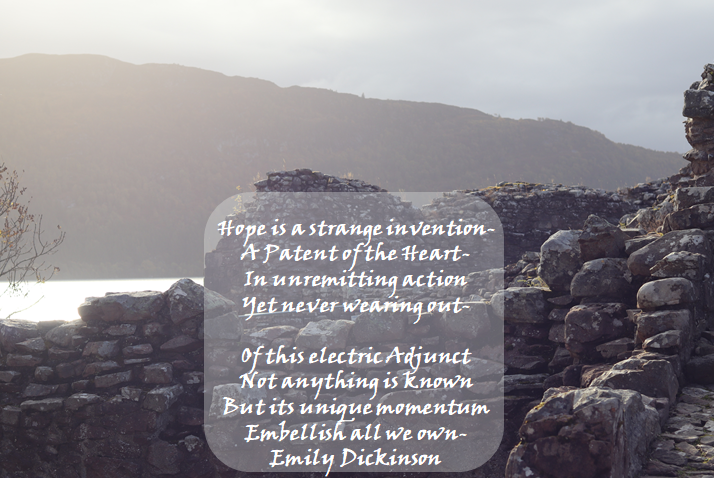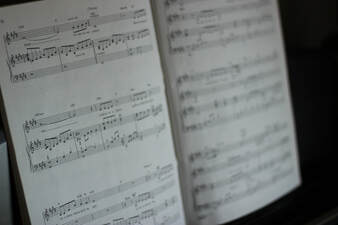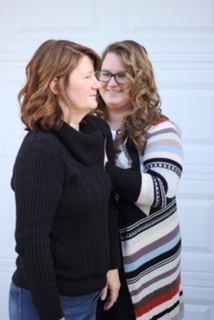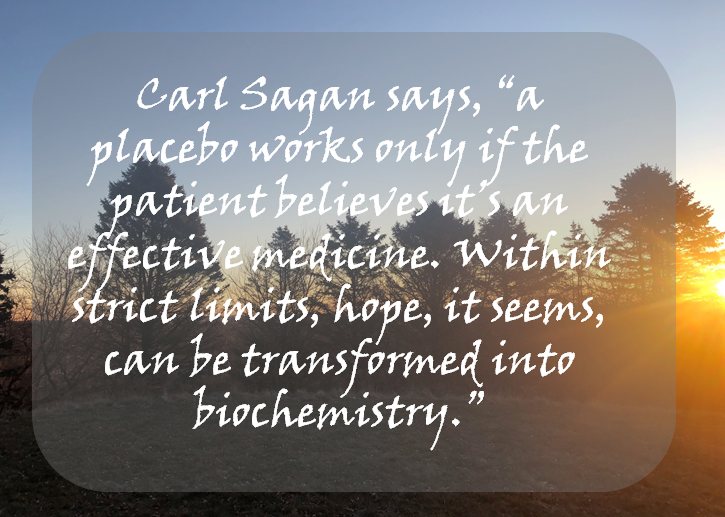|
JK Rowling, Steve Jobs, Albert Einstein, Bill Gates, Benjamin Franklin, Thomas Edison… these people have done incredible things. They’ve advanced science + technology, invented something that seemed impossible, told stories that have captivated generations. Why do some people overcome insurmountable challenges? How come some people recover from illness and disease and others don’t? What’s stopping you? No really, is there something these people have that you do not? Are they better educated than you? Einstein and Franklin had little formal education. Did they have more money than you? Gates first company failed; Rowling was a single parent living on welfare. Were they lucky? Edison tried hundreds of ways to make a lightbulb, before finally being successful. Listen, the pathway to success is not education, or wealth, or luck. It’s hope. So okay, let’s define our terms here. What exactly is hope? Hope is an attitude. One that combines desire and expectation. Hope is the confident expectation of what is promised. It combines agency and pathways. A desire to achieve a goal and a way to make that happen. Why are we talking about hope here? You want to learn how to sing better or how to move more efficiently and be out of pain. What does hope have to do with any of that? Let’s tackle hope as it relates to singing. I have several students whose goals are to increase their range. When they look at a piano, they see what they are able to do and what they are not able to do. If we do warmups and they know where they are on the piano, they will unknowingly restrict themselves. When they do a siren warm up, or one where they do not know where they are on the piano, what they are able to do, changes. Believing something, whether or not it’s true, changes what you are able to do physically. We talk a lot about new skills. Often times these skills are fairly simple but are unfamiliar. Many, even after hearing that it’s possible, say they cannot do this skill. This is a mindset that says, I’ve never done this, therefore I cannot do this. We talk a lot about the fact that not trying something means you will automatically fail, but if we try, there’s a possibility that we will be successful and even if we are not, we will have learned something from that experience to help us in our future attempts. This is the power of hope. To be a successful student, you must have hope and a willingness to try and fail in order to build up the skills and techniques that make success possible.
The great news is that the ability to hope can be taught. And a student that hopes is more likely to succeed! Did you know that hope releases chemicals in the brain? Endorphins and enkephalins. These chemicals are a physical representation of hope changing our chemistry. Because of this change, we are more likely and able to overcome challenges. They are scientifically linked! Hope also shields the brain from negativity, anxiety, and stress. There is a principle so rooted in hope that it has provided benefits and cure with no actual treatment: the placebo. So how do we do this thing? Hope definitely seems beneficial and potentially life altering, but how do we hope?
The best tool for this is a story. This is why you see so many advertisements of side by side photos and why we read reviews and testimonials. Hearing, seeing, and reading that something was possible for someone else, makes it easier to believe that with the right tools and reasoned plans, it can be possible for us too! As we step into the year 2020, the year of vision, let’s hope! Having hope, allows us to step forward into a reasoned plan and accomplish any goal. So wherever you are right now on your journey of hope, vision, singing, or movement let's get in touch + figure out how to get you where you want to be!
0 Comments
Leave a Reply. |
Kaitlin MaeDigging deeper into voice, Alexander Technique, and holistic living! Archives
June 2020
Categories |
Site powered by Weebly. Managed by Kaitlin Mae





 RSS Feed
RSS Feed